Comprehensive Sudbury Wedding Guide

Hey there, lovebirds! Brooke Murray here, your friendly neighborhood wedding photographer based in beautiful Sudbury, Ontario. After capturing countless “I dos” in this charming city, I’ve decided to put together this comprehensive guide to help you plan your perfect Sudbury wedding. From getting here to saying your vows, I’ve got you covered. Let’s dive in!
Hey there, lovebirds! Brooke Murray here, your friendly neighborhood wedding photographer based in beautiful Sudbury, Ontario. After capturing countless “I dos” in this charming city, I’ve decided to put together this comprehensive guide to help you plan your perfect Sudbury wedding. From getting here to saying your vows, I’ve got you covered. Let’s dive in!
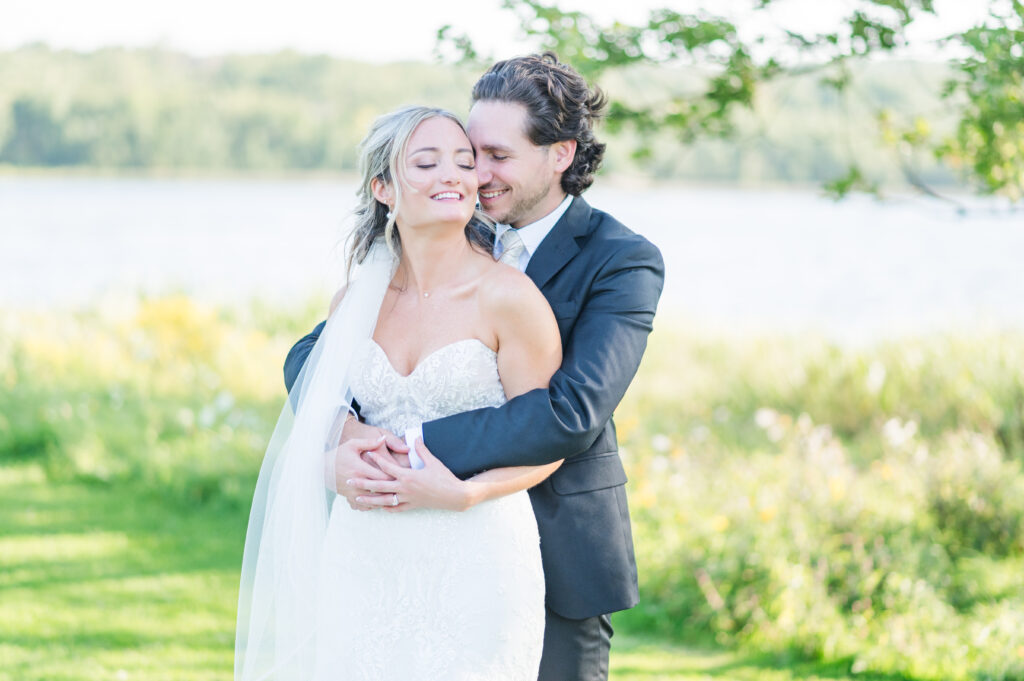
Getting to Sudbury
First things first, let’s talk about how you and your guests can make their way to our lovely city.
By Air
The Greater Sudbury Airport (YSB) is our primary air gateway. While it’s a smaller regional airport, it offers several convenient options:
- Porter Airlines and Air Canada both operate daily flights between Toronto Pearson International Airport (YYZ) and Sudbury.
- Porter Airlines also offers direct flights from Billy Bishop Toronto City Airport, which is great for those coming from downtown Toronto.
- Bearskin Airlines provides service to and from several northern Ontario communities.
For international travelers, the most common route is to fly into Toronto Pearson and then catch a connecting flight to Sudbury. The flight from Toronto to Sudbury is short, usually around 1 hour.
By Road
Driving to Sudbury can be a scenic adventure, especially in the summer and fall. Here are the main routes:
- From Toronto: Take Highway 400 north, which becomes Highway 69. It’s about a 390 km (242 mile) drive and typically takes around 4 hours.
- From Ottawa: Follow Highway 17 west for about 480 km (298 miles). This route usually takes about 5 hours.
- From Sault Ste. Marie: Take Highway 17 east for approximately 300 km (186 miles), which is about a 3.5-hour drive.
If you’re coming from the United States, the closest border crossings are in Sault Ste. Marie and Niagara Falls.
By Bus
Greyhound Canada used to be the main bus service to Sudbury, but they ceased operations in 2021. However, Ontario Northland has stepped in to provide bus service:
- They offer daily routes connecting Sudbury to Toronto, Ottawa, and other northern Ontario communities.
- The trip from Toronto to Sudbury by bus takes about 6 hours, making several stops along the way.
By Train
VIA Rail provides train service to Sudbury on its Toronto-Vancouver route:
- Trains arrive at Sudbury Junction station, which is about 10 km south of downtown Sudbury.
- The trip from Toronto takes about 5 hours.
- While not the fastest option, it can be a relaxing and scenic way to travel, especially if you enjoy train journeys.
Getting Around Sudbury
Once you’re in Sudbury, you’ll need to consider local transportation:
- GOVA Transit provides public bus service within the city.
- Taxis and ride-sharing services like Uride are available.
- Many visitors choose to rent a car, especially if they plan to explore the surrounding area.
Remember, Sudbury is quite spread out, so having access to a vehicle can be very helpful, especially if your wedding venue is outside the city center.
When planning your wedding, consider providing transportation information to your out-of-town guests. You might even arrange group transportation from the airport or set up a shuttle service between the wedding venue and nearby hotels. This can be a great way to ensure all your guests arrive safely and on time for your big day!
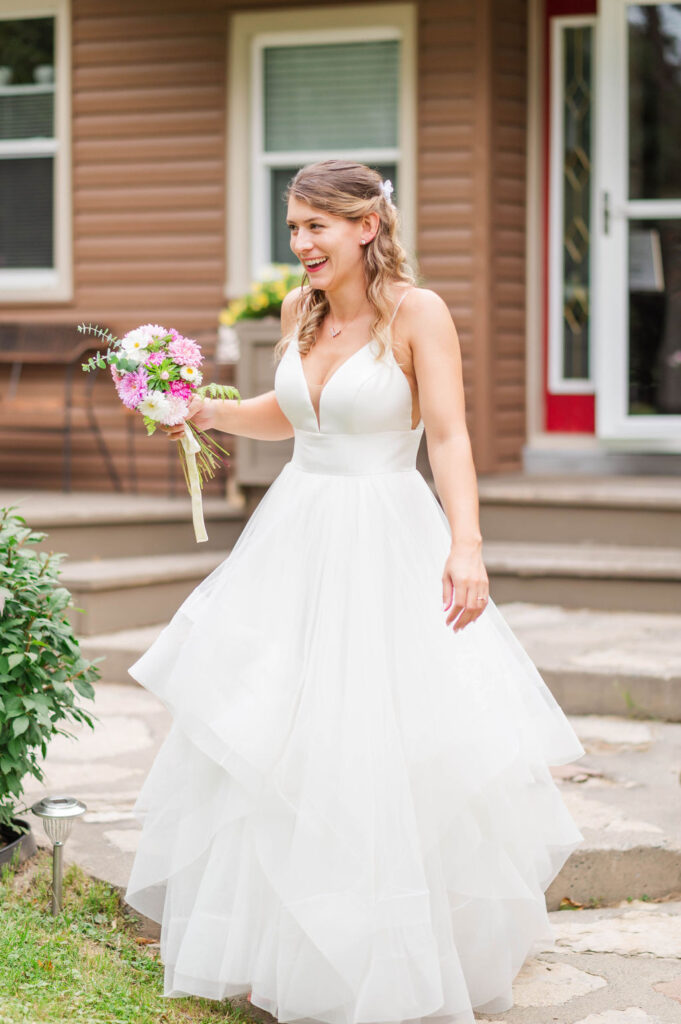
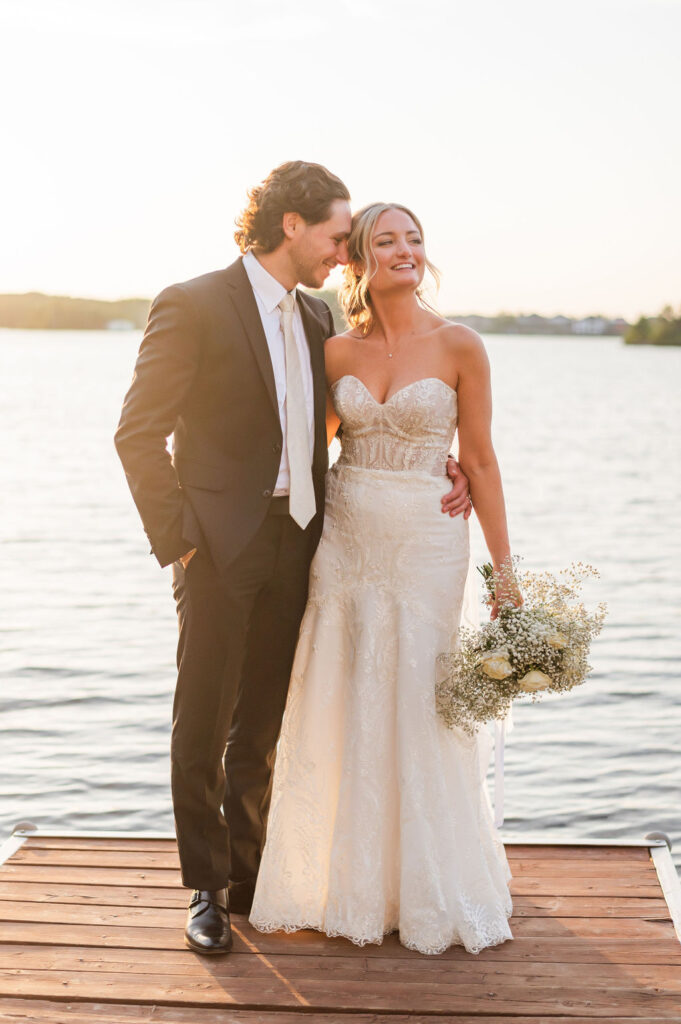
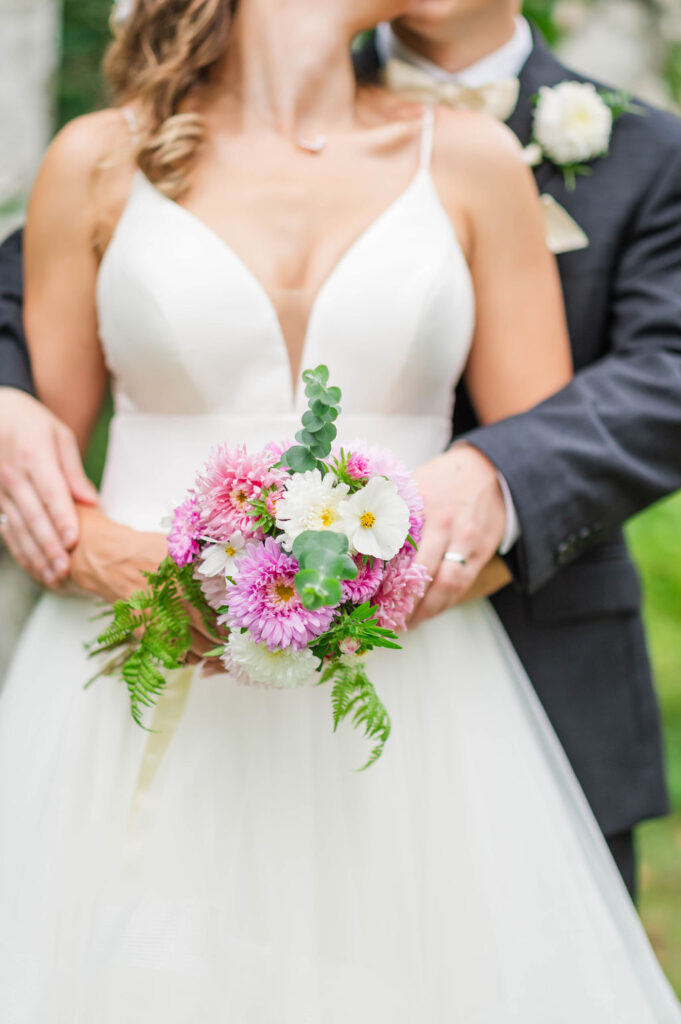


Where to Stay
Now that you’ve figured out how to get here, let’s talk about where you and your guests can rest your heads.
Hotels in Sudbury
Sudbury offers a range of hotels to suit different preferences and budgets:
Luxury Options
- Hilton Garden Inn Sudbury: A bit newer, this hotel provides upscale accommodations with an indoor pool and on-site restaurant.
Mid-Range Choices
- Holiday Inn Sudbury: Centrally located, this hotel offers comfortable rooms and is known for its friendly service.
- Radisson Hotel Sudbury: This hotel features spacious rooms and is conveniently situated near Science North.
- TownePlace Suites by Marriott Sudbury: Great for extended stays, this hotel offers suite-style rooms with kitchenettes.
Budget-Friendly Options
- Travelway Inn Sudbury: This locally-owned hotel provides clean, comfortable rooms at reasonable rates.
- Comfort Inn Sudbury: A reliable choice for budget-conscious travelers, offering free breakfast and Wi-Fi.
Bed and Breakfasts
For a more intimate, homey feel, consider these charming B&Bs:
- Auberge Inn Sudbury: A cozy inn with a personal touch, perfect for small wedding parties.
- Fairfield Inn Bed and Breakfast: Located in a historic home, this B&B offers a unique, romantic atmosphere.
Vacation Rentals
Platforms like Airbnb and VRBO offer a variety of options in Sudbury:
- Lakeside Cottages: Perfect for a rustic, intimate wedding. Some can accommodate small wedding parties and even host small ceremonies.
- Downtown Apartments: Great for easy access to city amenities and venues.
- Luxury Homes: Some high-end homes in Sudbury are available for rent, which could accommodate your entire wedding party.
Considerations for Wedding Guests
When choosing accommodations, keep these factors in mind:
- Proximity to Your Venue: Try to choose options close to where your ceremony and reception will be held.
- Group Rates: Many hotels offer discounted rates for wedding blocks. Ask about this when you’re booking.
- Transportation: Consider how guests will get to and from the wedding venue. Some hotels offer shuttle services.
- Amenities: Think about what your guests might need – pools for summer weddings, on-site restaurants for convenience, etc.
- Duration of Stay: If guests are staying for a few days, vacation rentals or suite-style hotels might be more comfortable.
Tips for Booking Accommodations
- Book Early: Especially if you’re getting married during peak season (summer in Sudbury), accommodations can fill up quickly.
- Provide Options: Give your guests a range of choices at different price points.
- Create a Wedding Website: Use this to provide all the accommodation information your guests might need.
- Consider Welcome Bags: If guests are staying at hotels, you might arrange for welcome bags to be given at check-in.
Remember, where your guests stay can significantly impact their overall experience of your wedding weekend. By providing a range of comfortable options, you’re setting the stage for a celebration everyone will enjoy!

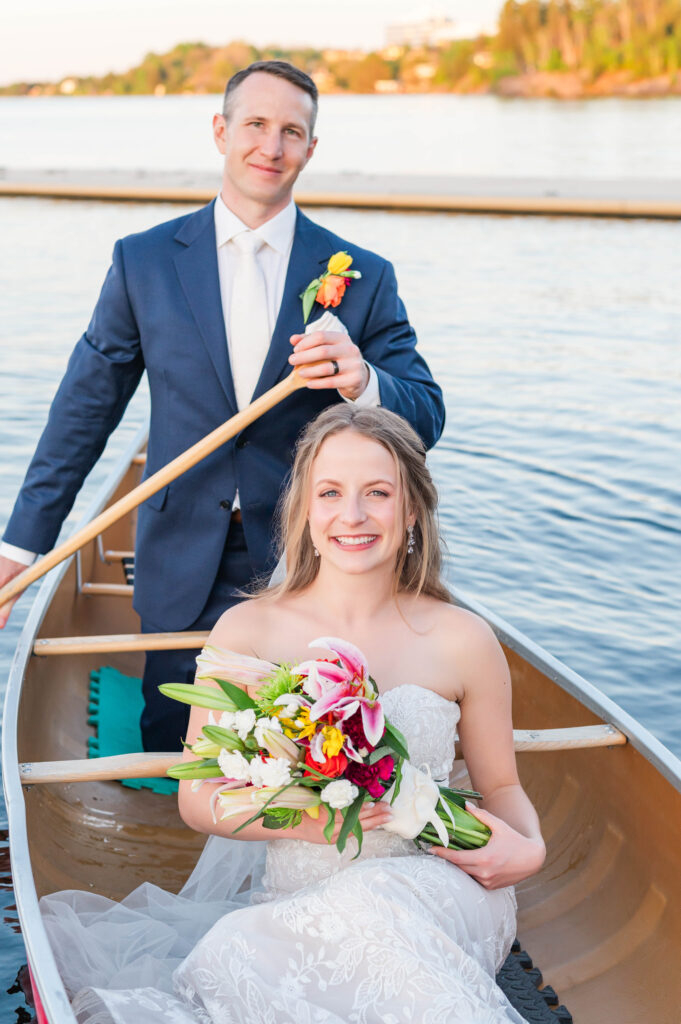
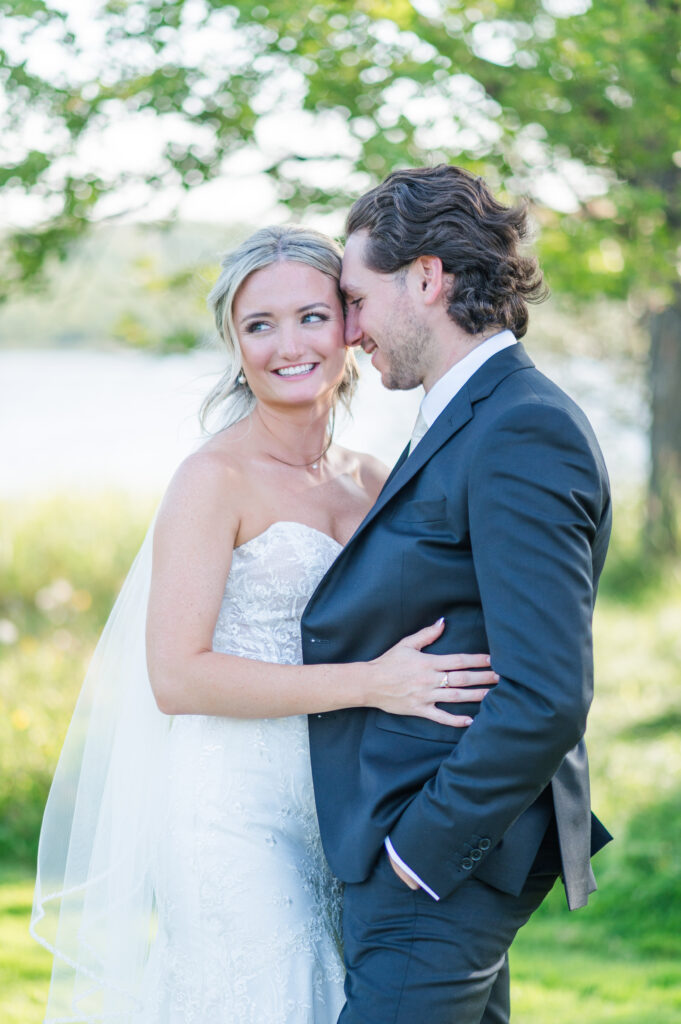
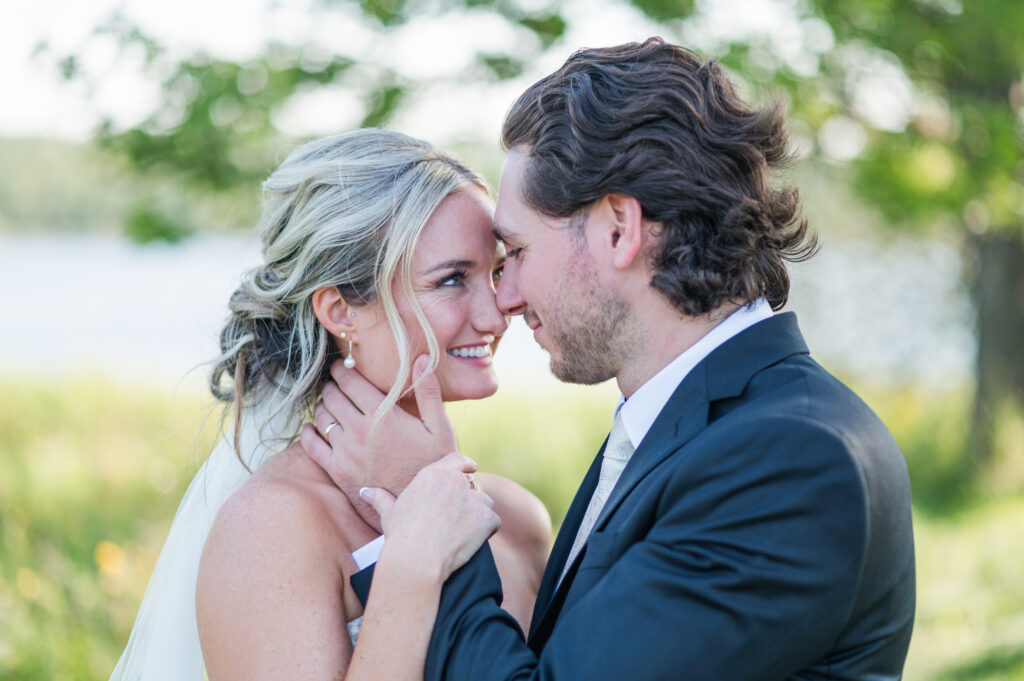
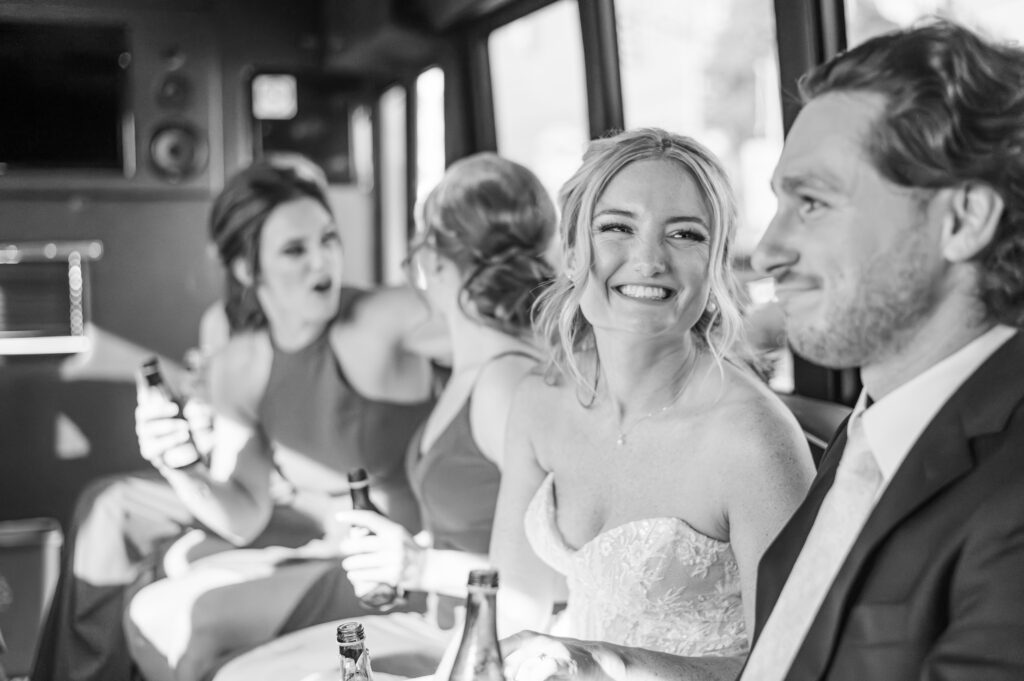
Weather Considerations
Sudbury experiences a humid continental climate, which means we get warm summers and cold winters, with significant seasonal temperature differences. Let’s break it down by season:
Spring (April-May)
Spring in Sudbury can be a bit unpredictable, but it’s also a beautiful time for a wedding.
- Temperatures: Typically range from 5°C to 15°C (41°F to 59°F)
- Precipitation: Spring tends to be our wettest season, with an average of 60-70mm of rain per month
- Considerations:
- Have a solid indoor backup plan for outdoor events
- Consider providing blankets or shawls for guests if you’re planning an outdoor ceremony
- Spring flowers like tulips and daffodils can make for stunning, budget-friendly decor
Summer (June-August)
Summer is the most popular time for weddings in Sudbury, and for good reason!
- Temperatures: Usually between 20°C to 25°C (68°F to 77°F), but can occasionally reach 30°C (86°F)
- Precipitation: We get about 80mm of rain per month, often in short, intense bursts
- Considerations:
- Plan for shade if you’re having an outdoor ceremony or reception
- Consider providing sunscreen and bug spray for outdoor events
- Be aware that July and August are peak tourist seasons, so book accommodations early
Fall (September-October)
Fall weddings in Sudbury can be absolutely magical with the changing colors of the leaves.
- Temperatures: Generally range from 10°C to 20°C (50°F to 68°F)
- Precipitation: Rainfall decreases compared to summer, averaging about 70mm per month
- Considerations:
- The weather can be quite variable, so layers are key for outdoor events
- Take advantage of the beautiful fall foliage for your photos
- Be aware that temperatures can drop quickly in the evening
Winter (November-March)
Winter weddings in Sudbury have a charm all their own, but they do require some extra planning.
- Temperatures: Can range from -20°C to 0°C (-4°F to 32°F)
- Precipitation: We get an average of 300cm of snow per year, most of it falling during these months
- Considerations:
- Indoor venues are a must for winter weddings
- If you want outdoor photos, plan for short sessions and have warm places for everyone to retreat to
- Consider providing hand warmers and blankets for guests
- Be prepared for potential travel disruptions due to snow
Additional Weather Tips
- Monitor long-range forecasts, but be prepared for last-minute changes. Sudbury’s weather can be quite changeable!
- Consider purchasing wedding insurance that covers weather-related issues.
- If you’re planning an outdoor wedding, rent a tent even if the forecast looks good. It can provide shade in hot weather and shelter from unexpected rain.
- For summer weddings, consider an evening ceremony to avoid the hottest part of the day.
- If you’re planning a winter wedding, choose a venue with good heating and insulation. Some historic venues can be drafty in cold weather.
- Be mindful of sunset times when planning your timeline, especially for fall and winter weddings when days are shorter.
- If you’re planning outdoor activities, have indoor alternatives ready just in case.
- Inform your guests about the expected weather so they can dress appropriately.
Remember, while we can’t control the weather, we can certainly plan for it. As your photographer, I’m always prepared for any weather conditions and know how to make the most of whatever Mother Nature gives us on your big day. Whether it’s capturing rainbows after a spring shower, golden summer sunsets, the rich colors of fall, or the sparkle of fresh snow, we’ll create beautiful memories regardless of the weather!
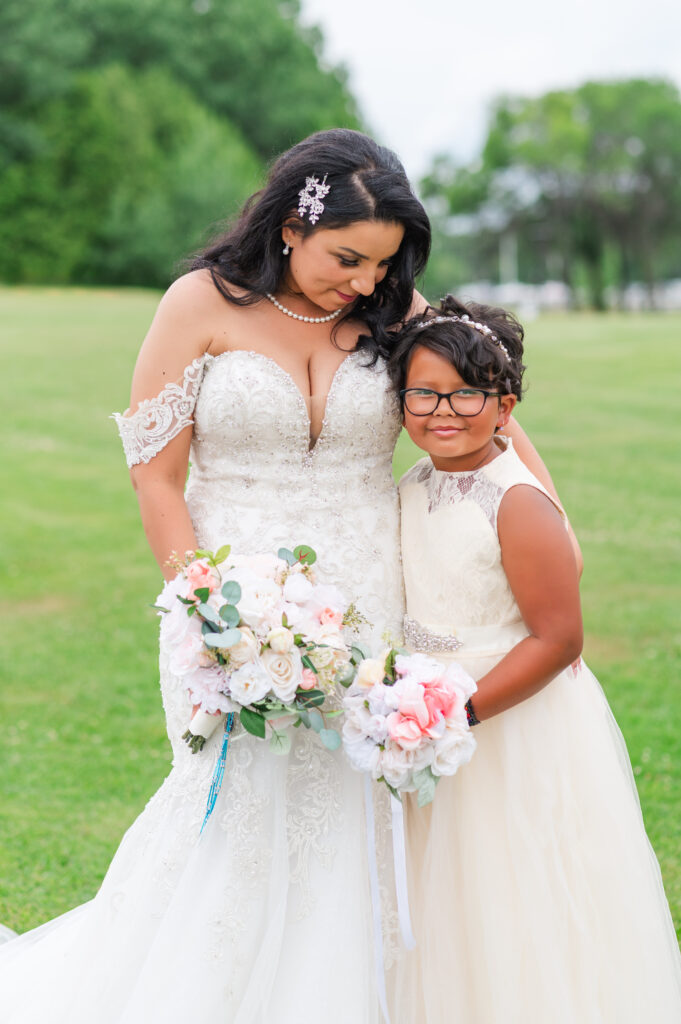
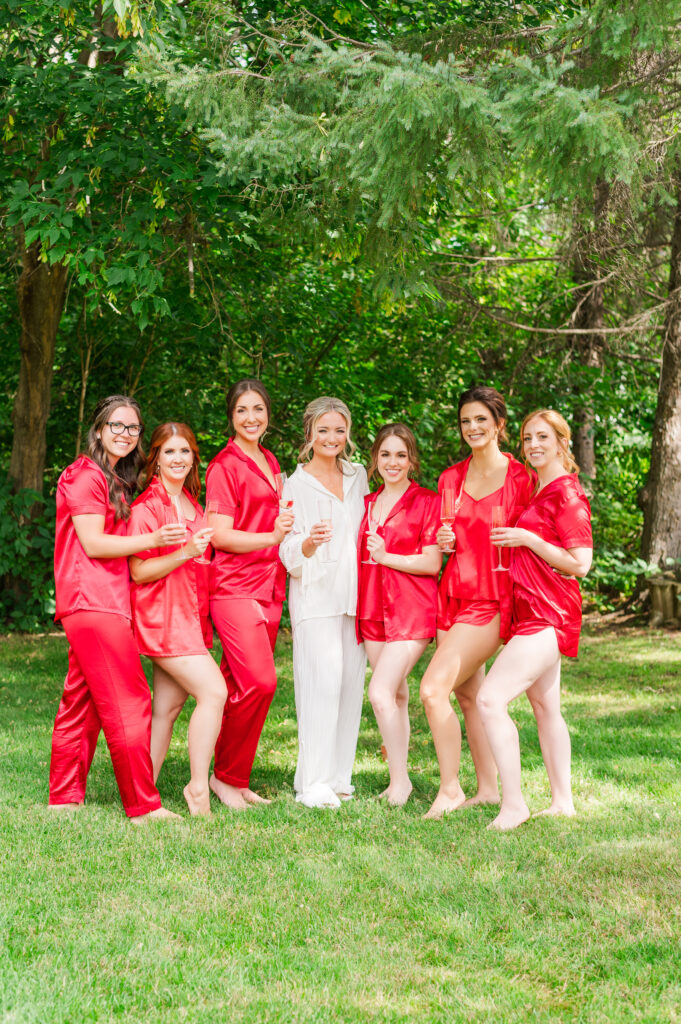
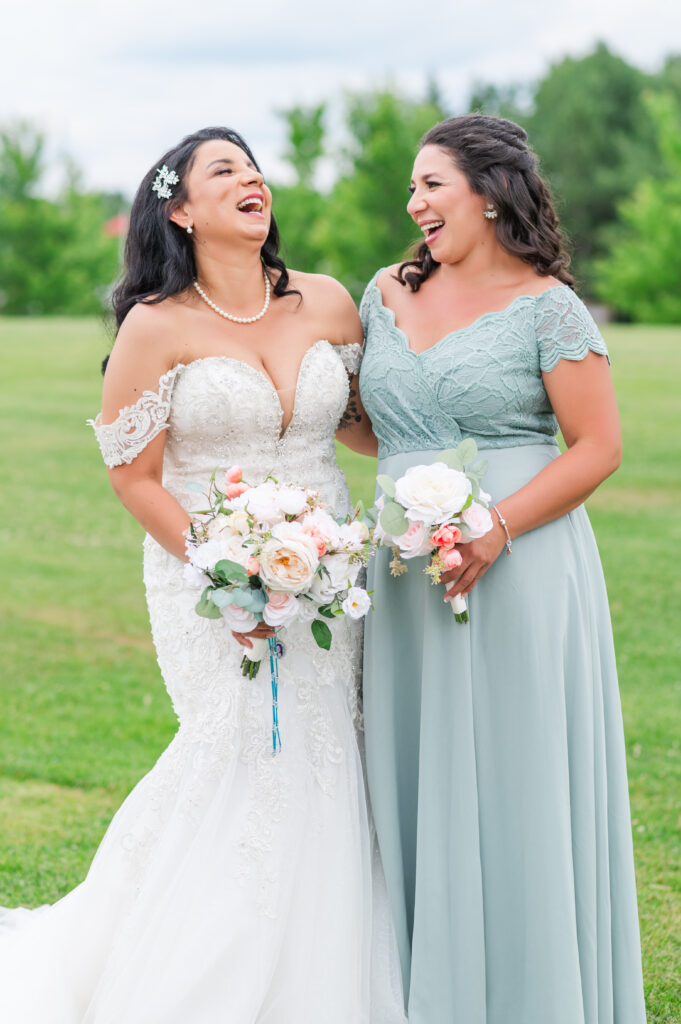

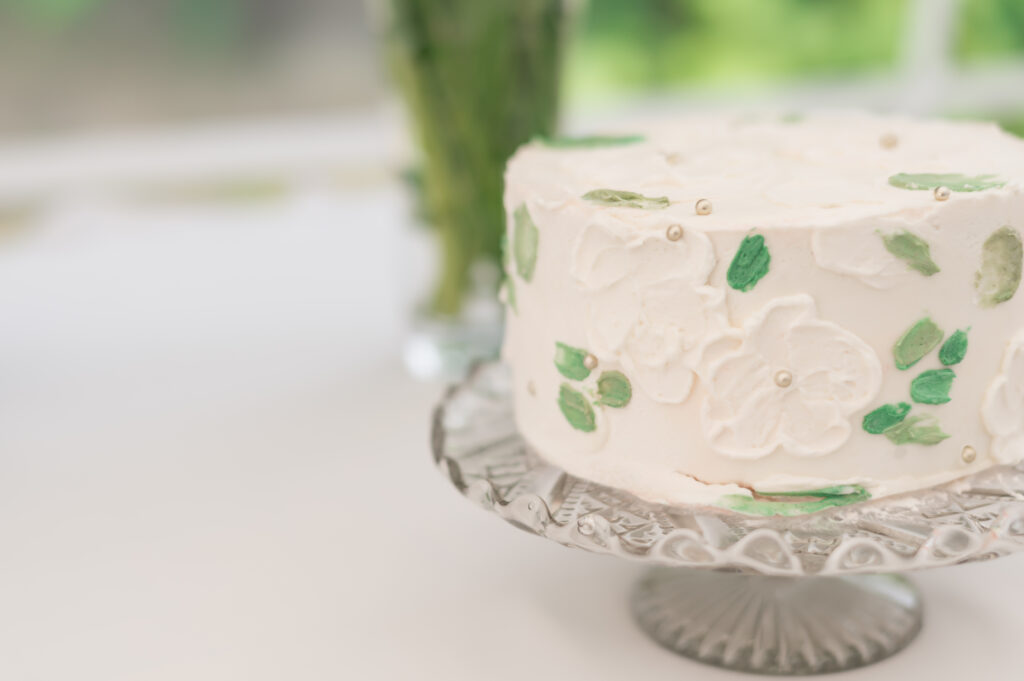
Rehearsal Dinner Venues
Choosing the right venue for your rehearsal dinner sets the tone for your wedding weekend. Here are some fantastic options in Sudbury, each offering a unique atmosphere:
La Fromagerie
This charming spot is perfect for couples who love good cheese and wine.
- Cuisine: French-inspired, with a focus on cheese and charcuterie
- Atmosphere: Intimate and cozy, with a European flair
- Capacity: Can accommodate up to 40 guests
- Special features: They offer cheese-tasting experiences that could be a fun activity for your guests
Respect Is Burning Kitchen + Bar
If you’re after a more relaxed, hip vibe, this Italian-inspired eatery could be just the ticket.
- Cuisine: Casual Italian fare with a modern twist
- Atmosphere: Trendy and laid-back, great for a fun, less formal rehearsal dinner
- Capacity: Can accommodate up to 60 guests
- Special features: They offer family-style dining options, perfect for encouraging mingling
Verdicchio Ristorante
Another great option for Italian food lovers:
- Cuisine: Authentic Italian
- Atmosphere: Warm and inviting, with a touch of old-world charm
- Capacity: Can host up to 70 guests
- Special features: They have an extensive wine list and can offer wine pairing suggestions
Bella Vita Cucina
For a taste of Sudbury’s local Italian community:
- Cuisine: Home-style Italian
- Atmosphere: Family-friendly and welcoming
- Capacity: Can accommodate up to 50 guests
- Special features: They offer customizable family-style menus
Hardrock42 Gastropub
If you’re looking for a more casual, pub-style atmosphere:
- Cuisine: Elevated pub fare
- Atmosphere: Relaxed and fun, with a nod to Sudbury’s mining history
- Capacity: Can accommodate up to 60 guests
- Special features: They have a great selection of craft beers
Rehearsal Dinner Considerations
When choosing your rehearsal dinner venue, consider these factors:
- Capacity: Ensure the venue can comfortably accommodate your guest list.
- Menu options: Look for places that can cater to any dietary restrictions in your group.
- Atmosphere: Choose a vibe that fits your personal style and sets the right tone for your wedding weekend.
- Location: Consider proximity to your ceremony venue or where most of your guests are staying.
- Budget: Don’t forget to factor in not just food and drink, but also any rental fees or minimums.
Most of these venues offer private dining options and can work with you to create a custom menu for your event. It’s always a good idea to book your rehearsal dinner venue well in advance, especially if you’re getting married during peak wedding season.
Remember, your rehearsal dinner is a chance to relax and spend quality time with your closest friends and family before the big day. Choose a venue that will allow you to do just that!
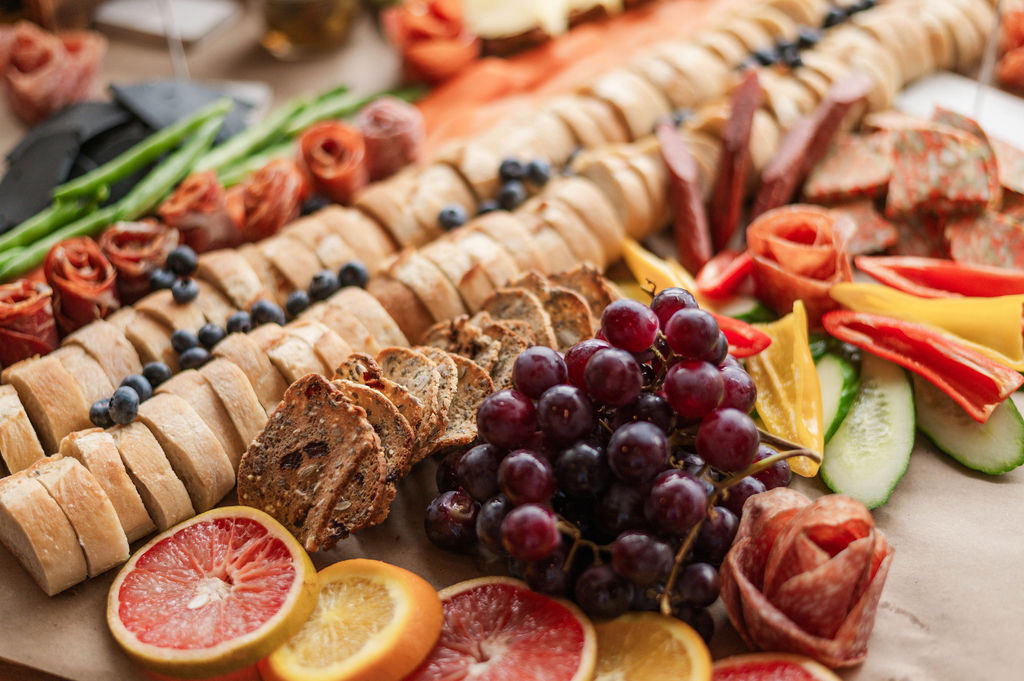
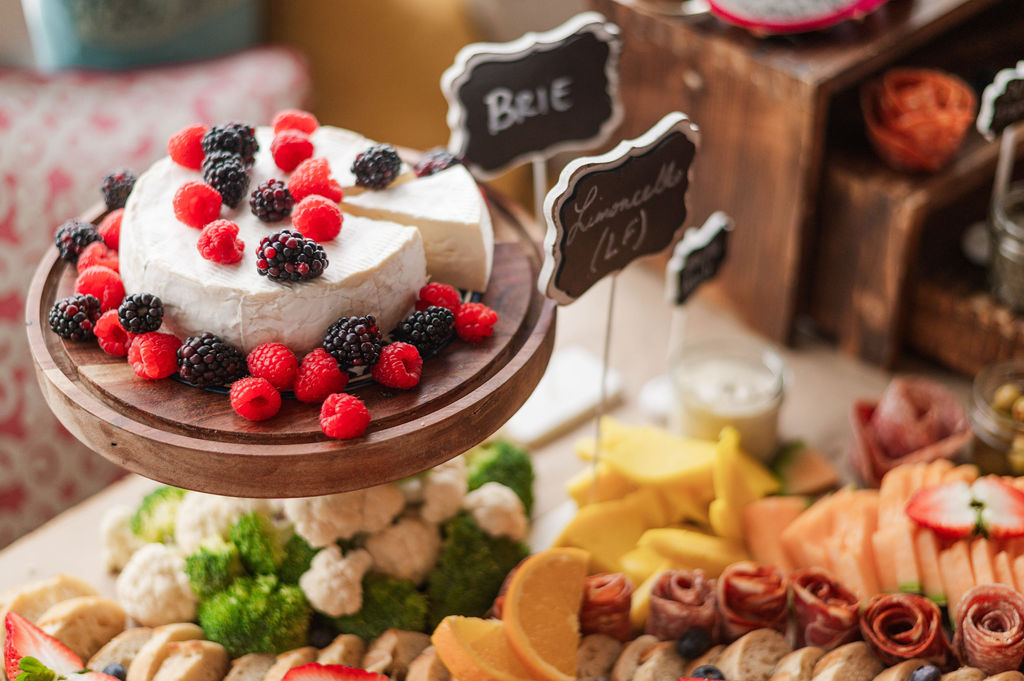
Ceremony and Reception Venues
Indoor Venues
Science North
This iconic Sudbury landmark offers a unique setting for your wedding.
Capacity: Up to 200 guests
Features: Stunning architecture, interactive exhibits, planetarium
Bonus: Your guests can explore the science center during cocktail hour
Bryston’s on the Park
An elegant venue known for its exceptional service and cuisine.
Capacity: Up to 150 guests
Features: Beautiful chandeliers, dance floor, in-house catering
Bonus: Scenic views of Bell Park
Caruso Club
Another great option for those wanting an Italian flair.
Capacity: Up to 500 guests
Features: Multiple event spaces, on-site catering, dance floor
Bonus: Beautiful outdoor space for photos
Sudbury Event Centre
A versatile venue that can be transformed to suit your vision.
Capacity: Up to 1000 guests
Features: State-of-the-art sound and lighting, large dance floor
Bonus: Plenty of space for both ceremony and reception
Outdoor Venues
Bell Park
A picturesque setting by Ramsey Lake.
Capacity: Varies (it’s an open park)
Features: Beautiful gazebo, scenic waterfront, ample green space
Bonus: Great for photos with natural backdrops
Fielding Memorial Park
A charming, rustic option.
Capacity: Up to 200 guests
Features: Historic log cabin, beautiful gardens, outdoor pavilion
Bonus: Perfect for a country-chic wedding
Onaping Falls
For the adventurous couple who loves nature.
Capacity: Limited (best for intimate weddings)
Features: Stunning waterfall backdrop, hiking trails nearby
Bonus: Unique, Instagram-worthy wedding photos
Killarney Mountain Lodge
While technically just outside Sudbury, it’s worth mentioning for its breathtaking views.
Capacity: Up to 220 guests
Features: Lakeside ceremony space, multiple reception venues
Bonus: On-site accommodations for a weekend-long celebration
Anderson Farm Museum
A historic venue with a mix of indoor and outdoor spaces.
Capacity: Up to 150 guests
Features: Beautiful barn, expansive grounds, heritage buildings
Bonus: Unique photo opportunities with antique farm equipment
Things to Consider When Choosing Your Venue
- Guest Count: Make sure your chosen venue can comfortably accommodate your guest list.
- Season: If you’re planning an outdoor wedding, have a backup plan for inclement weather.
- Style: Choose a venue that aligns with your wedding vision (rustic, modern, classic, etc.).
- Budget: Remember to factor in rental fees, catering costs, and any additional rentals needed.
- Amenities: Consider what’s included (tables, chairs, linens, etc.) and what you’ll need to bring in.
- Accessibility: Ensure the venue is easily accessible for all your guests, including those with mobility issues.
- Vendor Restrictions: Some venues require you to use their preferred vendors, while others allow outside vendors.
- Time Restrictions: Check if there are any noise ordinances or time limits for your event.
- Photography Opportunities: Look for venues with great spots for wedding photos, both indoor and outdoor.
- Parking: Ensure there’s ample parking for your guests, or consider arranging shuttle services.
Remember, each venue has its own unique charm and challenges. I always recommend visiting potential venues in person if possible. This allows you to get a feel for the space and envision how your wedding day might unfold there.
As a local photographer, I’ve had the pleasure of shooting at many of these venues, so if you have any specific questions about how they photograph, don’t hesitate to ask!
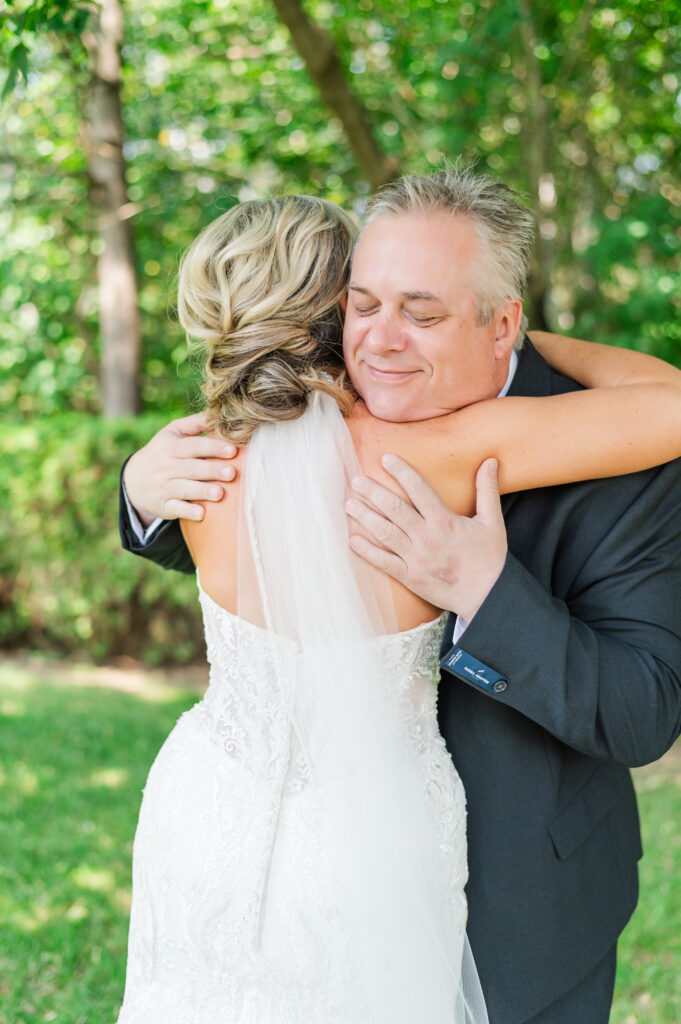
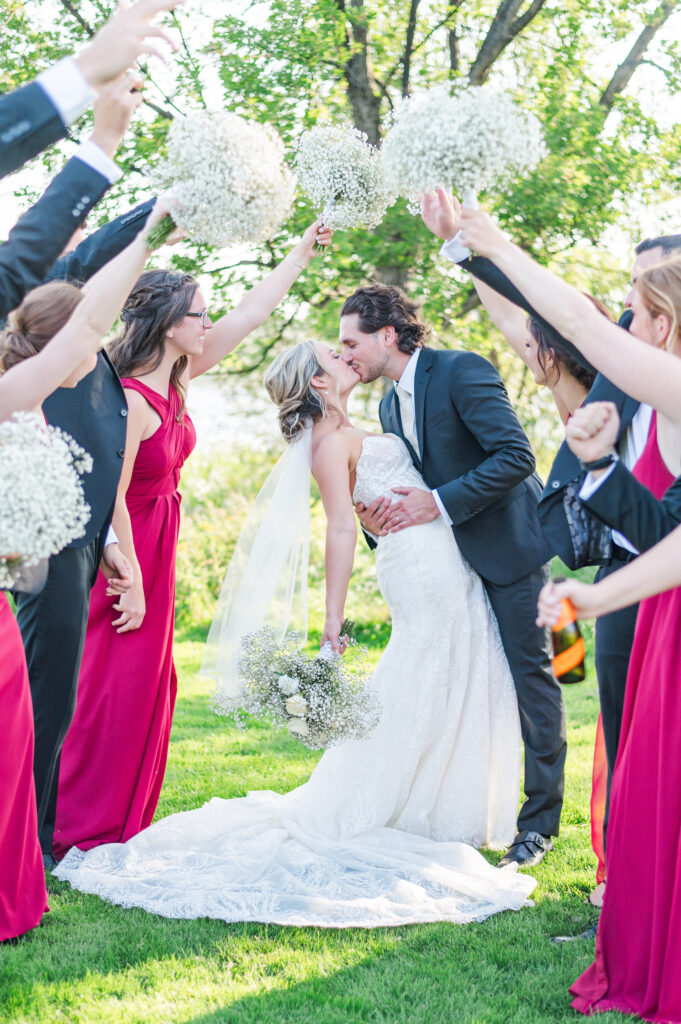
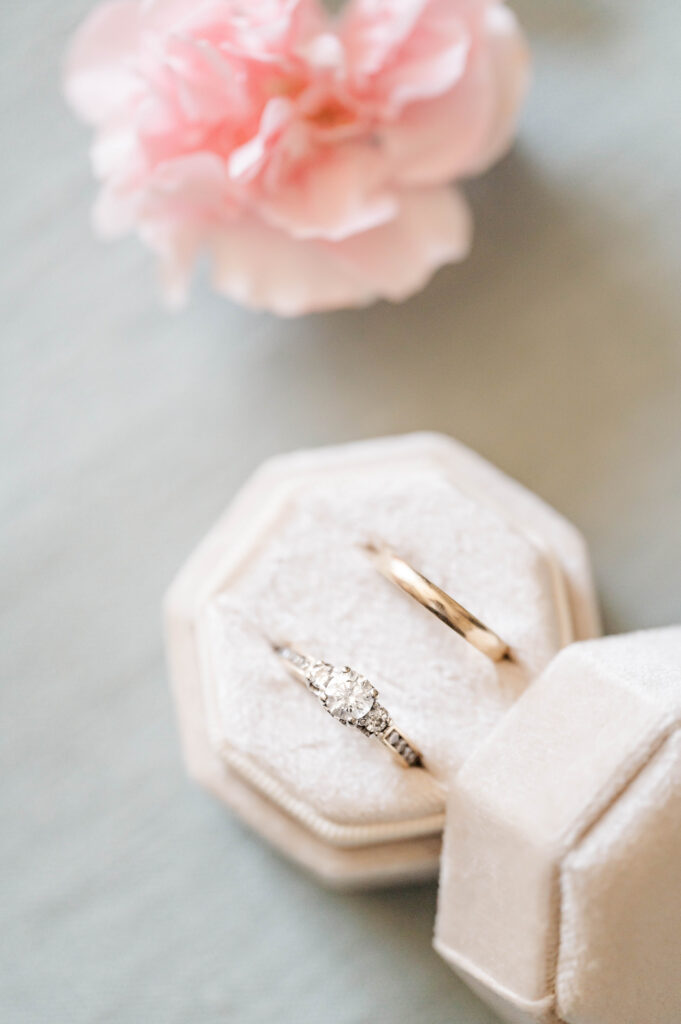


Wedding Budget
Determine Your Total Budget
First things first, you need to figure out how much you can afford to spend overall. This might come from:
- Your personal savings
- Contributions from family members
- A set amount you’re comfortable putting aside each month
Remember, it’s crucial to be realistic and not start your married life in debt.
Break Down Your Budget
Once you have your total, it’s time to allocate funds to different aspects of your wedding. Here’s a more detailed breakdown:
- Venue and Catering (40-50%):
- Ceremony location
- Reception venue
- Food and drink
- Staffing
- Rentals (tables, chairs, linens)
- Attire and Beauty (10-15%):
- Wedding dress/suit
- Accessories
- Hair and makeup
- Wedding party attire (if you’re covering it)
- Photography and Videography (10-15%):
- Engagement shoot
- Wedding day coverage
- Albums and prints
- Flowers and Decor (8-10%):
- Bouquets
- Centerpieces
- Ceremony decor
- Reception decor
- Entertainment (5-10%):
- Ceremony musician
- Reception band or DJ
- Photo booth
- Stationery (2-3%):
- Save-the-dates
- Invitations
- Thank you cards
- Day-of stationery (programs, menu cards, etc.)
- Transportation (2-3%):
- Wedding party transportation
- Guest shuttles (if needed)
- Gifts and Favors (2-3%):
- Wedding party gifts
- Guest favors
- Wedding Rings (2-3%)
- Miscellaneous (5-10%):
- Marriage license
- Officiant fees
- Wedding insurance
- Emergency fund
Tips for Sticking to Your Budget
- Prioritize: Decide what’s most important to you and allocate more funds there.
- Track Everything: Use a spreadsheet or wedding planning app to record all expenses.
- Get Multiple Quotes: Don’t settle for the first vendor you find. Shop around and compare prices.
- Be Flexible with Dates: As mentioned earlier, consider off-season or non-Saturday dates for better rates.
- DIY Wisely: While DIY can save money, it can also be time-consuming and stressful. Choose projects carefully.
- Trim the Guest List: Each guest adds to your total cost, so keep your list lean if you’re on a tight budget.
- Negotiate with Vendors: Don’t be afraid to discuss prices and see if there’s room for negotiation.
- Consider Package Deals: All-inclusive venues or vendor packages can sometimes offer better value.
- Rent or Buy Second-hand: For decor items or even attire, consider renting or buying gently used.
- Buffer Your Budget: Always add a 5-10% buffer for unexpected expenses.
Hidden Costs to Watch Out For
When budgeting, be aware of these often-overlooked expenses:
- Alterations for your wedding attire
- Postage for invitations
- Vendor meals
- Overtime costs for vendors
- Service and gratuity charges
- Cake cutting and corkage fees
- Cleanup and breakdown fees
Local Sudbury Budget-Friendly Tips
- Consider local parks like Bell Park for your ceremony. They’re beautiful and often more affordable than traditional venues.
- Look into catering from local restaurants rather than traditional wedding caterers. Places like Di Gusto or Mr. Prime Rib often have great group options.
- For flowers, consider local wildflowers or plants that are in season. Speak with florists like Flower Towne about budget-friendly options.
- Instead of a full open bar, offer a signature cocktail along with beer and wine to keep costs down.
- For music, look into local bands or DJs. Sudbury has a great music scene, and you might find talented performers at more reasonable rates.
Remember, your wedding is about celebrating your love and commitment. While it’s easy to get caught up in the details and expenses, focus on what truly matters to you as a couple. With careful planning and smart budgeting, you can have a beautiful Sudbury wedding that reflects your style without starting your married life in financial stress.
Wedding Checklist
Why Use a Wedding Checklist?
A wedding checklist serves several important purposes:
- Organization: It helps you keep track of all the tasks that need to be completed.
- Time management: It breaks down tasks into manageable chunks over time.
- Stress reduction: Knowing what needs to be done and when can significantly reduce anxiety.
- Delegation: It makes it easier to assign tasks to family members or your wedding party.
- Budget tracking: Many checklists include budget-related items to keep spending in check.
How to Use Your Wedding Checklist Effectively
- Start Early: Begin using your checklist as soon as you get engaged. Many tasks need to be done well in advance, especially booking popular venues and vendors.
- Customize It: While the checklist I provided is a good starting point, every wedding is unique. Add or remove items based on your specific needs and plans.
- Digital vs. Physical: Choose a format that works for you. Some couples prefer a physical planner, while others use digital tools like Trello or specialized wedding planning apps.
- Set Reminders: Use your phone or calendar to set reminders for important deadlines and appointments.
- Share With Your Partner: Make sure both you and your partner have access to the checklist. This helps share the planning load and keeps everyone on the same page.
- Regular Check-ins: Set aside time each week or month to review your checklist together. This helps ensure nothing falls through the cracks.
- Be Flexible: Remember that your checklist is a guide, not a strict rulebook. Be prepared to adjust timelines if necessary.
- Celebrate Completed Tasks: Cross off items as you complete them. It’s satisfying and motivating to see your progress!
Expanding Your Checklist
Consider adding these often-overlooked items to your checklist:
- Schedule hair and makeup trials
- Plan for transportation between venues
- Arrange for cake cutting and serving
- Designate someone to collect gifts at the reception
- Plan for return of rental items
- Schedule final dress fittings
- Arrange for pet care during your wedding and honeymoon
- Create a photo list for your photographer
- Write thank-you notes (can be started before the wedding)
To help you stay organized, here’s a handy checklist for planning your Sudbury wedding:
12+ Months Before:
- Set a budget
- Choose a date
- Start researching venues
- Begin your guest list
9-11 Months Before:
- Book your venue
- Hire a wedding planner (if desired)
- Start shopping for attire
- Choose your wedding party
6-8 Months Before:
- Book key vendors (photographer, caterer, florist, DJ)
- Send save-the-dates
- Start planning your honeymoon
4-5 Months Before:
- Choose and order invitations
- Plan your menu and book tastings
- Start planning your ceremony
2-3 Months Before:
- Send invitations
- Finalize attire fittings
- Apply for marriage license
- Create a seating chart
1 Month Before:
- Have final venue walk-through
- Confirm details with all vendors
- Break in your shoes
- Write your vows
Week of the Wedding:
- Pack for your honeymoon
- Confirm final headcount with vendors
- Pick up attire
- Enjoy your rehearsal dinner!
And there you have it, folks! Your comprehensive guide to getting hitched in Sudbury. Remember, at the end of the day, your wedding is about celebrating your love. Don’t get too caught up in the details and forget to enjoy the journey.
If you’re looking for a photographer to capture all these precious moments, I’d be honored to be part of your special day. Feel free to reach out, and let’s create some magic together!
Happy planning, and congratulations on your engagement!